The Firewalkers of Beqa Island
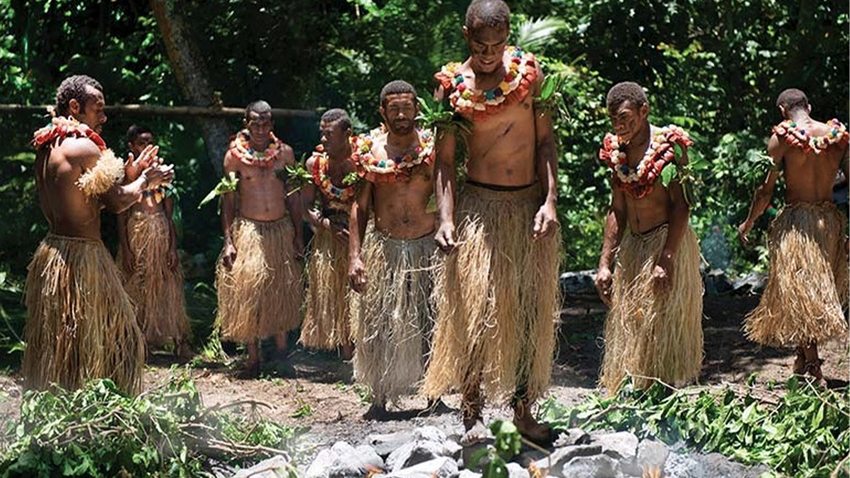
The tradition of firewalking in Fiji did not always exist. It is believed to have begun a couple of hundred years ago in the small village of Nakarovu on Beqa Island. According to legend, the origins of this power can be traced back to a man named Tuinaiviqalita and the spirit God he caught.

Tuinaiviqalita, who was seeking to gain favor with a village elder, went in search of an eel to present as a gift. While digging near a creek, he captured one of Fiji's spirit gods, known locally as a 'veli', instead of an eel. The 'veli' begged Tuinaiviqalita to let him go, and in exchange, offered him and his descendants the power to control fire. Intrigued by this offer, Tuinaiviqalita followed the 'veli' as it leaped across a pit of scorching hot river stones. To Tuinaiviqalita's amazement, he was able to walk across the fiery stones unharmed, realizing the 'veli' had indeed granted him this extraordinary gift, he let the veli go.

This power over fire has since been passed down through Tuinaiviqalita's bloodline to members of the Beqa Island's Sawau tribe. They demonstrate this ability during a ceremonial firewalking ritual.
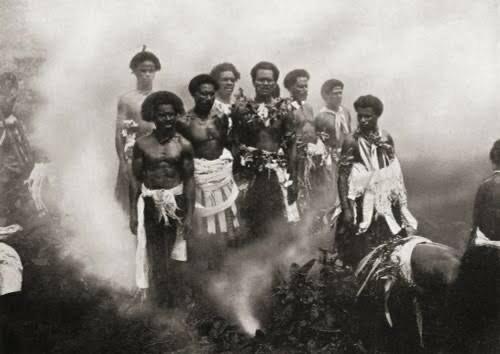
The firewalking ceremony is a sacred event that requires preparation. The performers must follow strict protocols, such as abstaining from certain foods and sex, to discipline their mind, body, and spirit. They are made to leave their homes and camp together with the men in the village to summon the strength and ability to walk on fire. This is believed to be necessary to avoid displeasing the spirits, which could result in severe burns.
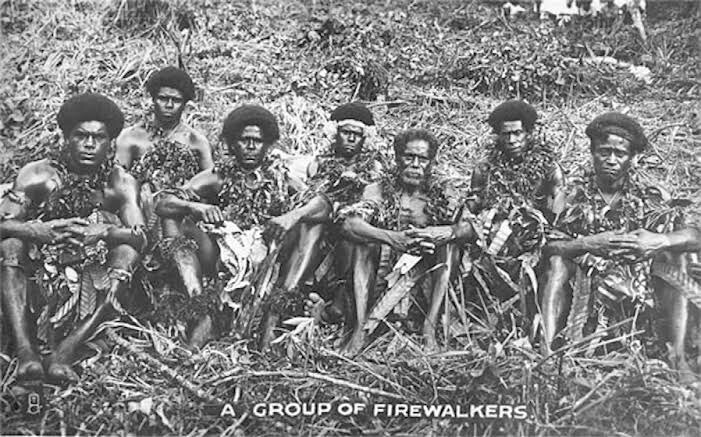
On the day of the ceremony, a large pit is dug and filled with river stones that are then set on fire to a scorching white-hot temperature. After the fire dies down, the stones are stabilized, and the pit is blessed with leaves before the ash and charcoal are removed.
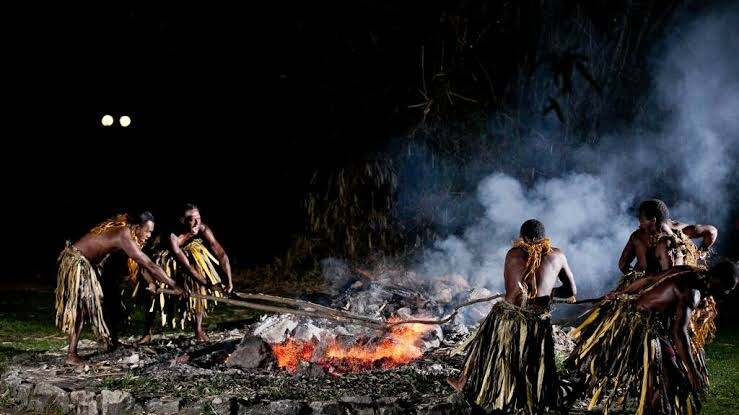
At the signal of the ceremonial priest, firewalkers enter the arena, chanting as they carefully step across the heated stones one by one. Once each man has conquered the fire, they conclude the ceremony with more chanting and the sacrifice of their fern anklets to the pit. Days later, the recovered anklets are ground and mixed into a tonic that is consumed by the firewalkers to complete the ritual.
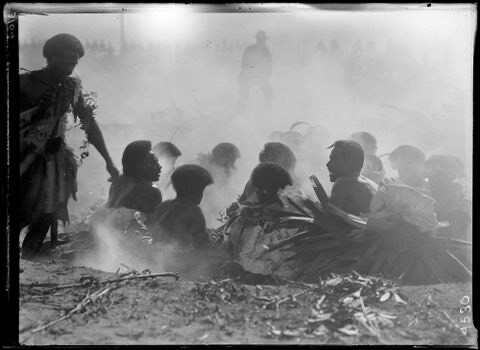
Interestingly, if a Fijian firewalker were to suffer a burn during the ceremony, there is someone within the village who possesses the unique ability to heal the burn using only their hands.
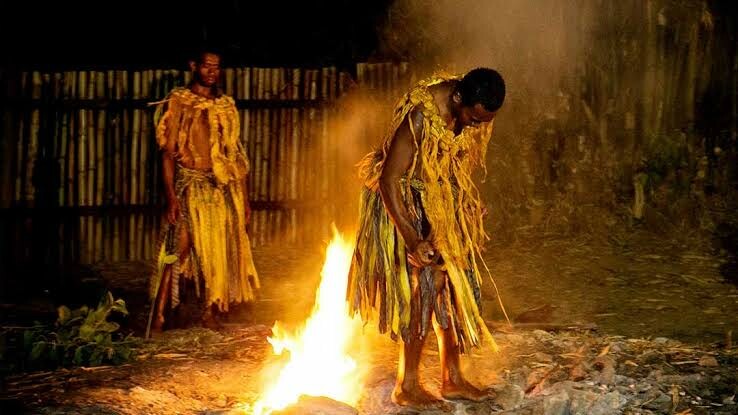
The tradition of firewalking in Fiji continues to this day, captivating audiences from around the world. I vividly recall a class field trip to Pacific Harbour on the outskirts of the capital Suva where my class and I had the opportunity to witness this ritual firsthand. The intensity of the heat radiating from the glowing stones could be felt metres away from where I sat as a 10 year old. Till this day I remain deeply fascinated by the Fijian firewalkers' extraordinary ability to traverse the fiery pit unharmed.
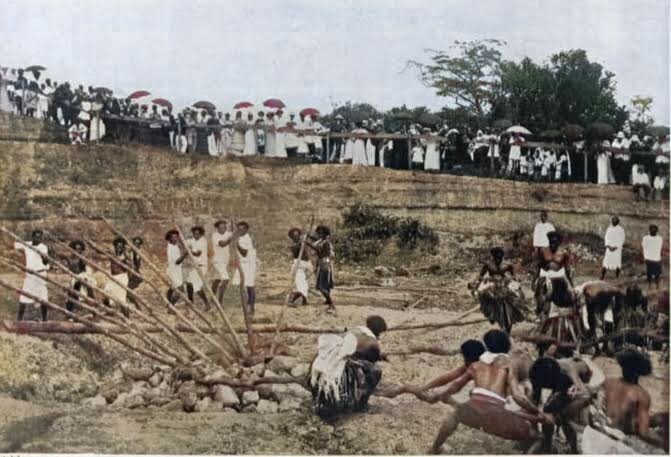
-
